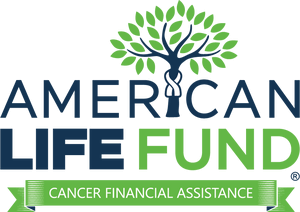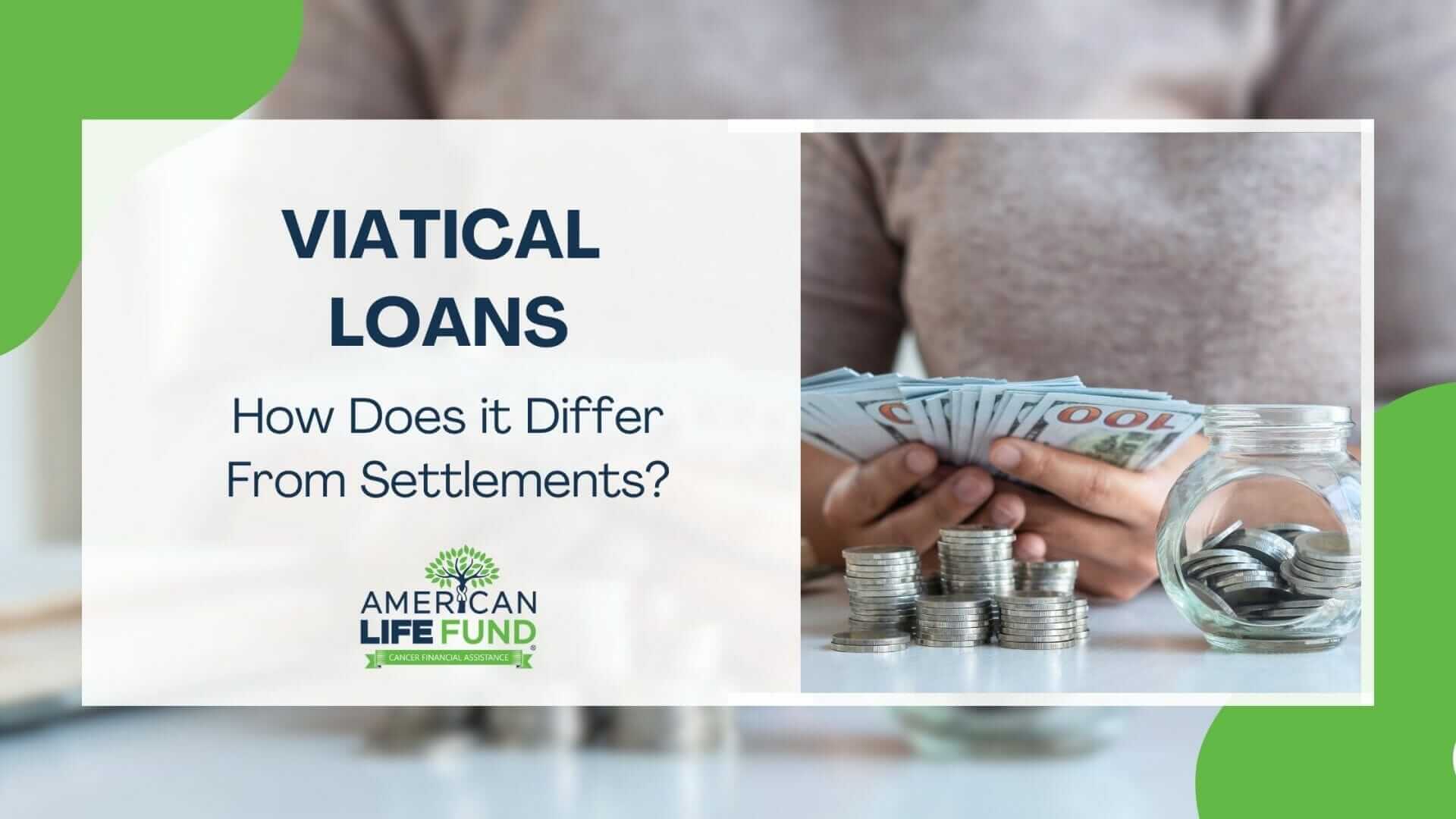Fully understanding the value of your life insurance policy can be confusing, but it’s an important step in making informed financial decisions. Whether you’re looking to calculate the cash value or explore the potential of a life settlement, knowing your policy’s worth will give you clarity. Here we will walk you through everything you need to know about determining the value of a life insurance policy, from the death benefit to the cash surrender value. Our goal is to help you feel confident and supported throughout the process.
How Can I Find Out the Value of My Life Insurance Policy?
The easiest way to determine the value of your life insurance policy is by contacting your insurance company. They can provide you with the current life insurance payout and, if applicable, the cash surrender value. The cash value refers to the amount of money you can access while you’re still living, and it’s an important component of certain types of policies, such as whole life insurance and universal life insurance.
Keep in mind, if you’re considering selling your policy, the value offered will often be lower than the death benefit, as the buyer will need to make a profit. Reaching out to your policy issuer is the first and simplest step toward understanding how much your policy is worth today.
Which Factors Affect the Value of My Life Insurance?
Several factors determine the value of your life insurance policy, including:
- Premium Payments: The amount of your premium payments influence how much your policy is worth to a third-party purchaser.
- Age and Health: Age isn’t a factor with selling your policy if you have a life-threatening illness such as Cancer or ALS. Additionally, if you haven’t been diagnosed with a serious illness, you must be 75 or older in order to sell your life policy. .
How Does the Cash Value of a Life Insurance Policy Work?
For certain types of permanent life insurance policies, like whole life or universal life insurance, the cash value is a savings component that grows over time. Think of it as a side benefit that builds up as you continue to make your premium payments.
Here’s how it works:
- Each time you make a premium payment, a portion of that payment goes toward your cash value account.
- Over the years, as your payments continue and interest accumulates, this account grows, giving you a pool of money you can access if needed.
- For example, if you’ve been paying into your whole life insurance policy for 15 years, your cash value might have grown significantly, allowing you to withdraw cash or take a loan against the value.
This cash value can serve as a safety net for unexpected expenses or as part of your financial planning. However, keep in mind that using this cash will reduce your policy’s death benefit. It’s important to evaluate whether accessing the cash value fits into your financial goals.
What Is the Face Value of My Life Insurance Policy?
The face value of your life insurance policy refers to the amount your beneficiaries will receive when you pass away. This amount is also known as the death benefit, and it’s an important piece in understanding the overall value of your policy.
For example:
- If you have a term life insurance policy with a face value of $200,000, that is the amount your beneficiaries will receive upon your death.
- With permanent life insurance, such as a whole life or universal life insurance policy, the face value remains the same throughout your life unless you make changes to the policy.
It’s good to note that the face value and the cash value are two separate components. While the face value represents the amount paid to beneficiaries, the cash value is a savings component you can access while still living.
In addition, some policies allow you to increase the face value by adding certain riders or adjusting the policy over time, depending on your financial situation.
Can I Sell My Life Insurance Policy?
Yes, you can sell your life insurance policy through a process called a life settlement or viatical settlement, and for many people, this can be a wise financial choice. Selling your policy provides you with a lump-sum payment, which can offer immediate financial relief, especially if you’re facing medical bills, long-term care costs, or other major expenses.
Here’s why it might be a great option:
Immediate access to cash
Rather than waiting for the death benefit to be paid out, you can use the money now to cover important expenses or improve your quality of life.
Higher payouts than cash surrender
A life settlement typically provides more than the cash surrender value of your policy, giving you access to a larger sum of money.
No more premium payments
Once you sell the policy, the buyer takes over the responsibility of paying the premiums, which can free up your budget for other needs.
For example, selling your life policy can give you the financial freedom to manage unexpected expenses or enjoy your retirement more comfortably.
If you are battling a life threatening illness, a viatical settlement may offer an even higher payout, providing valuable funds when you need them the most. Selling your policy can give you peace of mind knowing you can cover costs while still leaving a legacy for your loved ones.
Learn more about why American Life Fund may be the right company for you.
Before making this decision, it’s always a good idea to consult with a financial advisor to make sure that it aligns with your long-term financial goals.
What Should I Know Before Selling My Life Insurance Policy?
Before selling your life insurance policy, there are a few important things to consider to ensure it’s the right choice for you:
- Tax Implications: The proceeds from a life settlement may be subject to taxes, depending on your policy and location. It’s essential to consult a financial advisor or tax professional to understand any potential tax consequences.
- Impact on Benefits: If you’re receiving government benefits like Medicaid, selling your policy may affect your eligibility. It’s important to assess how this decision might impact other financial resources.
- Remaining Policy Value: When selling your policy, you’ll typically receive less than the full face value. However, this amount is often more than the cash surrender value, providing you with access to immediate funds.
- Ongoing Premiums: Once the policy is sold, you’ll no longer need to worry about making premium payments, as the buyer takes over the policy and the responsibility for future payments.
Selling your life insurance policy can be a great way to access cash for financial emergencies, medical bills, or even just to enjoy your retirement more fully. However, it’s important to weigh the pros and cons and consider how this decision fits into your overall financial planning.
What Are the Tax Implications of Selling My Life Insurance Policy?
When you sell your life insurance policy, the proceeds you receive might be subject to taxes. It’s important to understand how taxes may impact your payout and overall financial situation. Here’s a breakdown of what to consider:
- Capital Gains Tax: The amount you receive from selling your policy that exceeds the total premium payments you’ve made over the years could be subject to capital gains tax. Essentially, this tax applies to any profit you make from the sale.
- Ordinary Income Tax: If the payout exceeds your policy’s cash surrender value but not the premiums you’ve paid, the excess amount might be considered ordinary income and taxed accordingly.
- Tax-Free Options: In some cases, a viatical settlement, a type of sale available to seriously ill policyholders may be exempt from taxes. This makes viatical settlements an appealing option for those who qualify.
Read more for a thorough understanding of taxation and life settlements.
Conclusion: Understanding Your Life Insurance Policy’s Value
Knowing the value of your life insurance policy empowers you to make informed decisions about your financial future. Whether you’re calculating the cash value, determining the death benefit, or considering selling your policy, understanding its worth is essential. For those facing financial challenges, selling your policy through a viatical settlement can provide immediate relief and peace of mind.
At American Life Fund, we’re here to support you every step of the way. We specialize in helping individuals understand viatical settlements, offering compassionate, professional guidance tailored to your needs. Our goal is to make sure you get the most from your policy so that you can focus on what matters most, living life on your terms.
Take Control of Your Financial Future Today
If you’re ready to explore your options, don’t wait. Contact American Life Fund at 877-261-0632 or see if you qualify today. Our team is here to answer your questions and provide you with a no-obligation consultation.
Alternatively, go to our FAQ section if you have more questions. Take the first step toward financial freedom today!





